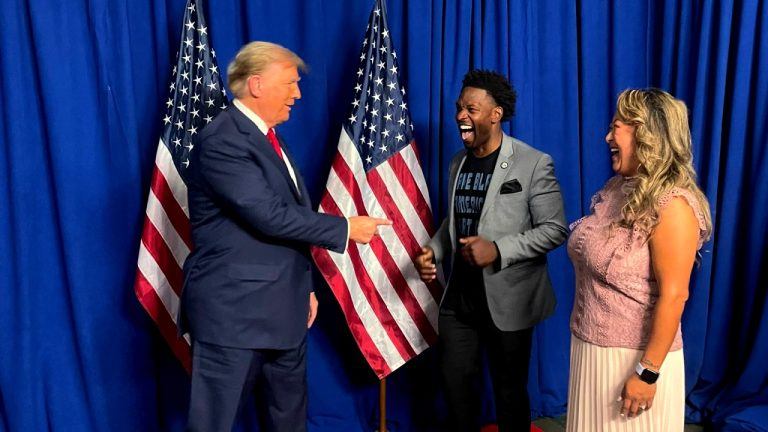
Coinbase's vice president of international policy told Cointelegraph the meetings took place in Canberra and Sydney and touched on the government’s token mapping efforts.
The Reserve Bank of Australia (RBA) and Treasury have been holding private meetings with executives from Coinbase, with discussions revolving around the future of crypto regulation in Australia.
Responding to Cointelegraph’s request for comment, an RBA spokesperson confirmed recent reports that these private meetings had occurred, stating that Coinbase met with the RBA’s Payments Policy and Financial Stability departments this week, “as part of the Bank’s ongoing liaison with industry.”
Tom Duff Gordon, Coinbase’s vice president of international policy who was reported to have been flown in for the meetings, also confirmed to Cointelegraph that meetings took place with Treasury in Canberra and Sydney.
Consultation open! Today we released the token mapping consultation paper. This consultation is part of a multi step reform agenda to develop an appropriate regulatory setting for the #crypto sector. Read paper & submit views @ https://t.co/4W2msjhP9B @ASIC_Connect @AUSTRAC pic.twitter.com/OGHuZEGvDp
— Australian Treasury (@Treasury_AU) February 2, 2023
Gordon said that the meetings touched on the government’s token mapping efforts, and Coinbase also “shared insights on global best practices concerning licensing and custody.”
The Australian Treasury's token mapping exercise was announced on Aug. 22, 2022, and is aimed at categorizing digital assets in a way to work them into existing regulatory frameworks.
A consultation paper was released by the Treasury on Feb. 3, for which the Treasury sought feedback from the crypto industry.
Gordon praised efforts from the Treasury, noting that “The Australian Treasury teams continue to impress us with their high level of sophistication and active involvement,” and adding:
“The Australian Treasury's token mapping exercise provides one of the most detailed and thoughtful papers we have encountered on the topic, setting a strong foundation for their forthcoming draft rules for crypto exchanges and custodians.”
Gordon expressed his desire to see the rules “later this year,” adding that he appreciated “the Treasury's comprehensive groundwork.”
In contrast, Coinbase’s co-founder and CEO Brian Armstrong has been critical of the approach to crypto regulation in the United States, echoing accusations that the Securities and Exchange Commission (SEC) is “regulating by enforcement” and claiming that the SEC wants firms to register with them despite there being no way to register.
Well said. There was no way to register (a disingenuous offer).
— Brian Armstrong (@brian_armstrong) February 9, 2023
“Using enforcement actions to tell people what the law is in an emerging industry is not an efficient or fair way of regulating.” https://t.co/6wVZZbQt23
Related: National Australia Bank makes first-ever cross-border stablecoin transaction
Documents recently obtained by the Australian Financial Review under freedom of information laws suggested that crypto legislation in Australia could be dragged out past 2024 and beyond, however, as final submissions to the cabinet are not expected until late in the year.
Coinbase expanded to Australia on Oct. 4, 2022, with Coinbase’s vice president of international and business development — Nana Murugesan — telling Cointelegraph at the time that it was “very impressed with the open door that we’ve received in Canberra and with different policymakers.”

